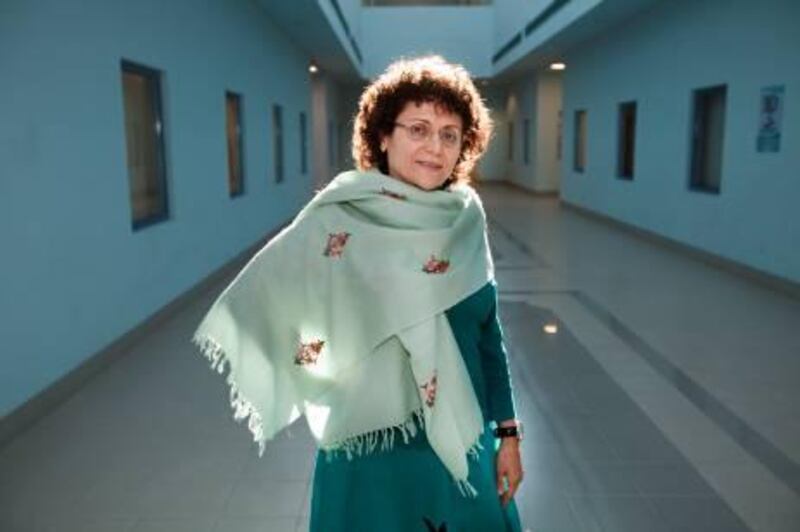ABU DHABI // Institutional support is needed for families affected by divorce in a society where the issue is still stigmatised, experts say.
The key problem lay in the way parents and children of divorce were perceived in Arab society, said Rima al Sabban, an associate professor of sociology at Zayed University.
"Many families discriminate and don't accept the child of a separated family," Ms Sabban said. "The government needs to establish institutions to address these issues. They need to be tackled more in the social development aspect of education."
___________
More
• Divorced parents make talk of marriage tough
Also
• More Emirati women marrying foreigners
• Young couples need more support
• Divorce problems hit close to home
• Marriages to foreigners bring some unique cultural and legal hurdles
___________
Wedad Lootah, a family counsellor with the Dubai Courts, said there is no governmental support for the families of divorce.
Both called for institutions that analyse divorce cases and determine the needs of families. They also called for specialised counsellors in schools that can help children cope, and urged that marriage counselling be better promoted both before and after marriage.
However, Ms Lootah said in terms of financial assistance the personal status law of 2005 stipulates that the husband is required to pay spousal support, which includes child support of Dh600 to Dh1,000 per month and maid salaries. He must either provide a home or pay the rental fees for one, and provide a driver if the wife does not drive.
Should parents have decided previously the children will attend private schools, the husband must pay the tuition.
The Ministry of Social Affairs does provide financial support of Dh4,250 per month in certain cases, such as when the husband is imprisoned, Ms Lootah added.
In 2010, nearly one in five marriages in the UAE ended in divorce, with 44 per cent of couples calling it quits less than a year after tying the knot. Last year, 1,486 divorce certificates were issued for Emirati couples.
Ms Lootah said infidelity was a common reason for divorce for middle- to upper-class families. Other causes cited were hectic lifestyles and long absences from the home due to business. The main reasons among the lower class, meanwhile, involved financial problems and outside interference. While a broken marriage was a struggle for the parents, experts said it was worse for the children. "The kids need support and encouragement, but there is no one to provide this, not even in schools," Ms Lootah said.
"Many become feeble and weak, especially when they compare themselves to other children. Some become very sensitive and cry a lot - or they become violent and delinquent."
Other children develop stress-induced illnesses, such as loss of hair or eczema, Ms Lootah said.
Sharing preliminary results from an academic study during the recent Counselling Arabia conference in Sharjah, Dr Fakir al Gharaibeh, a sociology professor at the American University of Sharjah, said that among children of divorced parents, 45 per cent demonstrated low academic performance and social withdrawal, while almost one-third had eating disorders.
"Age also plays a huge factor," he said. "Divorce at a later stage may demotivate these children to marry in the future, while at a younger stage it may make children vulnerable since the parental relationship is taken away from such an early stage."
However, divorce did not always have a negative impact on children, Ms Sabban said.
In fact, if the relationship between the parents cannot be saved, it may be better for the child in the long run if the parents split.
Custody laws follow Sharia, which states that the mother retains custody of the children until her sons are 11 and her daughters 13, after which they live with the father. However, experts said that custody battles had lately taken an unexpected turn.
"I don't know what's happening these days," Ms Lootah said. "Mothers don't want custody of their children and neither do fathers. It's like their kids are a burden they went to get rid of."
She continued to be an advocate for children of divorce, but said governmental support would be crucial.
"Last year, I filed a request saying we need experts and specialised institutions to deal with these cases because they are deeply affecting our society.
But the project was spiked because of formalities," she said. "I'm not afraid of field work, but I can't find anyone to help me and I can't do it on my own."






